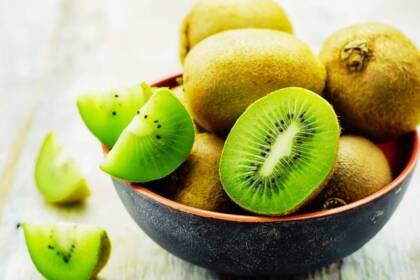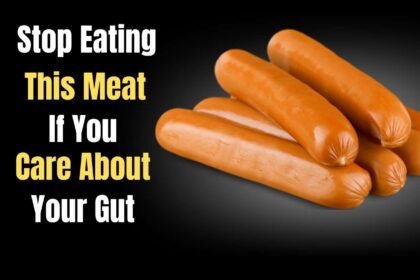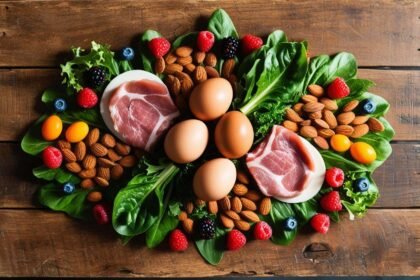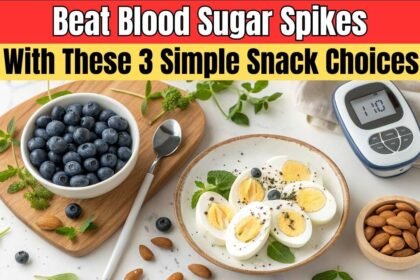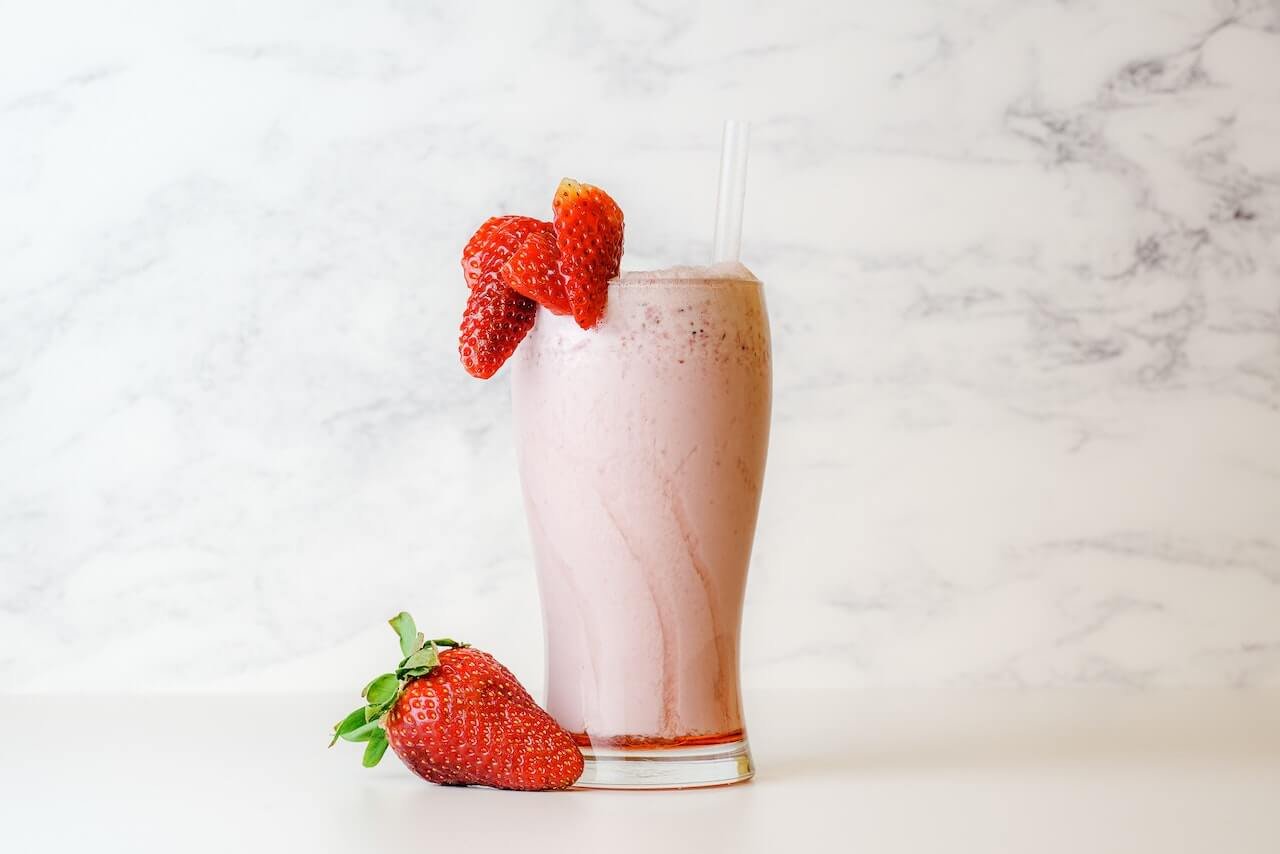Peanut butter is a kitchen essential – whether you’re spreading it on toast, blending it into smoothies, or making the ultimate PB&J sandwich.
But before you reach for just any jar on the grocery shelf, there’s one kind you should absolutely avoid: reduced-fat peanut butter.
At first glance, “reduced-fat” might sound like a healthier choice. After all, many of us try to cut back on fat for heart health or weight management.
But when it comes to peanut butter, reduced-fat options are a nutritional trap in disguise.
Why Reduced-Fat Peanut Butter Falls Short
According to FDA regulations, a product labeled “peanut butter” in the U.S. must contain at least 90% peanuts. However, most reduced-fat varieties fail to meet this threshold and are instead labeled as “peanut butter spreads.”
That alone should raise a red flag. To make up for the missing peanuts and thus, the missing fat and flavor – manufacturers typically load reduced-fat peanut butter with added sugars, corn syrup solids, hydrogenated oils, salt, and other fillers.
So while the fat content might be lower, you’re consuming more sugar, sodium, and artificial ingredients in each spoonful. Ironically, the type of fat found in regular peanut butter – monounsaturated fat is actually beneficial.
This “good fat” can help support heart health, reduce inflammation, and even aid in weight control when consumed in moderation.
Replacing it with processed ingredients completely undermines the health benefits of peanut butter.
Aside from the nutritional drawbacks, reduced-fat peanut butter usually suffers in taste and texture.
With less natural fat and more sweeteners, these spreads often taste overly sweet and feel grainy or artificial.
In contrast, regular or natural peanut butter offers a rich, creamy texture and a deep nutty flavor – everything you expect from a classic PB experience.
What to Choose Instead: Natural Peanut Butter
If you’re looking for a wholesome alternative, your best bet is natural peanut butter. These jars usually contain just peanuts and sometimes a pinch of salt.
That’s it. Despite the absence of added sugar or oils, natural peanut butter still delivers the same calorie count around 200 calories per two-tablespoon serving—as reduced-fat versions.
But it also provides a more balanced nutritional profile with 8 grams of protein and 16 grams of healthy fat. It’s satisfying, nourishing, and doesn’t require compromise.
You’ll find plenty of clean-label options in the grocery store. Brands like Kirkland Peanut Butter is known for their minimal ingredients, rich flavor, and affordability.
Just be sure to check the label for added sugars or oils, and opt for jars that list only peanuts (and maybe salt) as ingredients.
Disclaimer
This blog post is for informational purposes only and does not constitute medical or nutritional advice. Always consult with a qualified healthcare professional or registered dietitian before making significant changes to your diet. Product recommendations are based on general ingredient analysis and public information.






